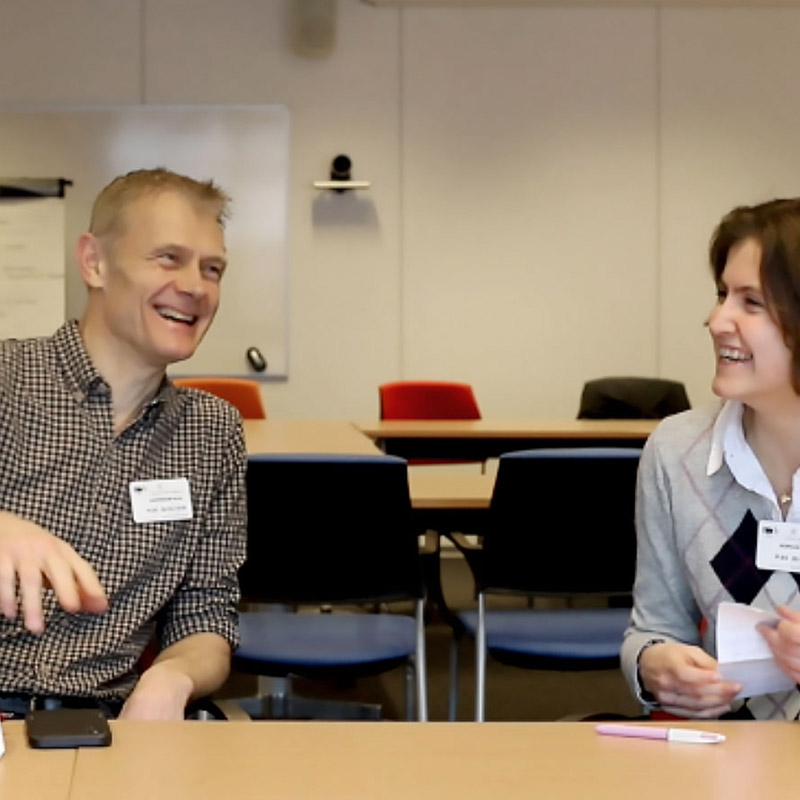

We need to leverage our climate change education. We urgently need a systems-informed approach, not only in the content of the material, but deep down in the pedagogy
There are 3 Pillars to the Climate Academy – They could be summarized as “Learn”, “Mobilise”, “Lead”. The details are here:

So much climate change thinking and action is based on individual thinking and actions. This can lead to a simplistic view of the crisis, and a strong sense of disempowerment and guilt. The crisis is a systemic one and must be understood at a systems level.
By orientating students towards a systemic outlook and by mobilizing them into projects with a systems perspective, the Academy offers a safe, creative and empowering framework for young people to engage with the crisis.
An overview of the material covered in the 15-step hybrid course can be found on the Resources page.
All 15 chapters of the Student Guide are written in collaboration with experts. The core science data is supported by the world’s most eminent climate scientists.
Material cuts through to the key systemic issues. Provides clear vantage points of the science and the human dimensions of the crisis. 15-step hybrid course builds up knowledge from the essential hard science to the wider human dimensions.
Textbook takes advanced science and makes it engaging and richly informative without compromising on depth or academic rigour. Students feel empowered and motivated by grappling with the core issues.
Deepens, connects and landscapes the fragmentary pieces of environmental education that students might pick up in their different subjects. Directly explains and analyses the systemic content.

After establishing a secure understanding, the Climate Academy mobilises students into the civic space at a local, national or global level. In teams, and in collaboration with scientists or leading public figures, the students design and implement projects with leverage and depth.
Going beyond just passive learning is critically important. Any moment where the students are actively processing, filtering and reformulating their understanding has a rich pedagogical value. And by sharing their understanding, a small group of students can have a wide and significant impact on the whole school community.
The projects are centered on the science numbers, the responsible reductions of CUTx%, as they provide the solution to stop climate change and nature destruction and secure a good future and illuminate in a direct and reliable way so many of the misunderstandings and injustices involved in climate change.
The Climate Academy works in close collaboration with News Decoder, a global news service for young people. This highly professional organization provides a range of support for Climate Academy students, such as interviewing, reporting and podcasting training resources and one-on-one mentoring with experienced journalists who guide the pitching, editing and publication of articles.
The authoritative science of the Climate Academy material provides a framework with which the students can reach out to the community with security. The key science data, vocabulary, metaphors and systemic vision, empower students to publish high level work.
As active learners, when students bringing their understanding and skills the civic space, a steep and deep learning curve is triggered. Peer teaching, public speaking and event organization quickly advance important skills in communication.
The unique vantage point provided by the clarity of the written resources can inspire students to bring their understanding into the civic space. The Climate Academy mobilises students into the civic space according to their strongest abilities and interests.
Working on projects in a team brings to the surface the special strengths and talents of each member. It also teaches resilience and collaboration. The diversity of material and the diversity of output in the Academy allows each student to cultivate their own interests in a constructive community.

“Systems Entrepreneurship” might sound unfamiliar and strange. However, this third pillar of the Academy is what starts to happen when a systemic understanding of the crisis is consistently brought into the civic space.
The Climate Academy helps students to puzzle through how best to handle different institutional and individual challenges. As students confront social and psychological barriers with the delivery of the projects, a wide skill set will be brought into play.
The Academy helps students to identify hidden assumptions and challenge the status quo. The Academy supports students in their exploratory thinking and actions, as they seek to establish enduring change at different layers of our systems.
At various moments of their time in the Academy, the students will need genuine resilience and imagination to make the most of all the set-backs involved in non-linear change. Whilst acknowledging the profound seriousness of rampant climate change, the students can learn to take their role in the game of trying to bring about systems change very lightly.
The students learn how to be resolute about key principles and key content whilst adapting them to different contexts. The experience of the Academy can enable students to hold their informed views and lifestyle with more nuance and more confidence.
The 360° view of reality offered by the Academy enables students to identify important connections and perspective – both about themselves and the world. The outward focus of the Academy helps foster humility.